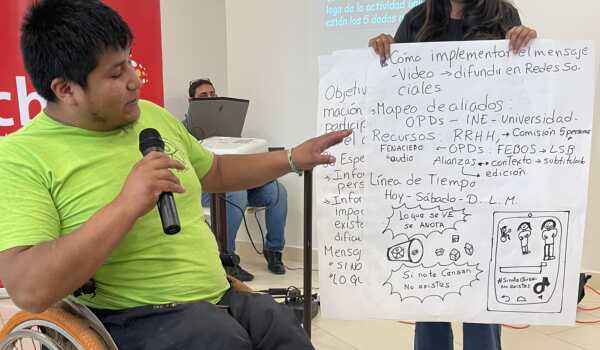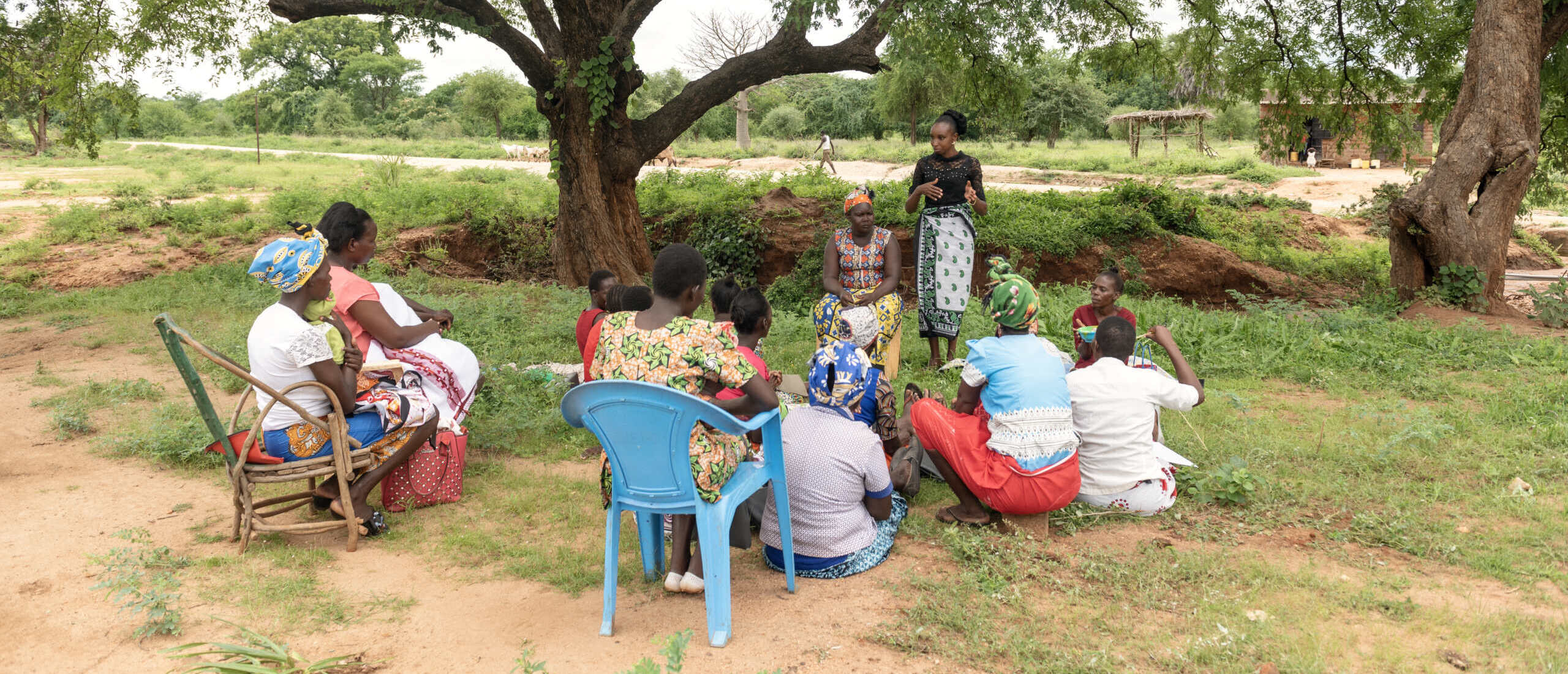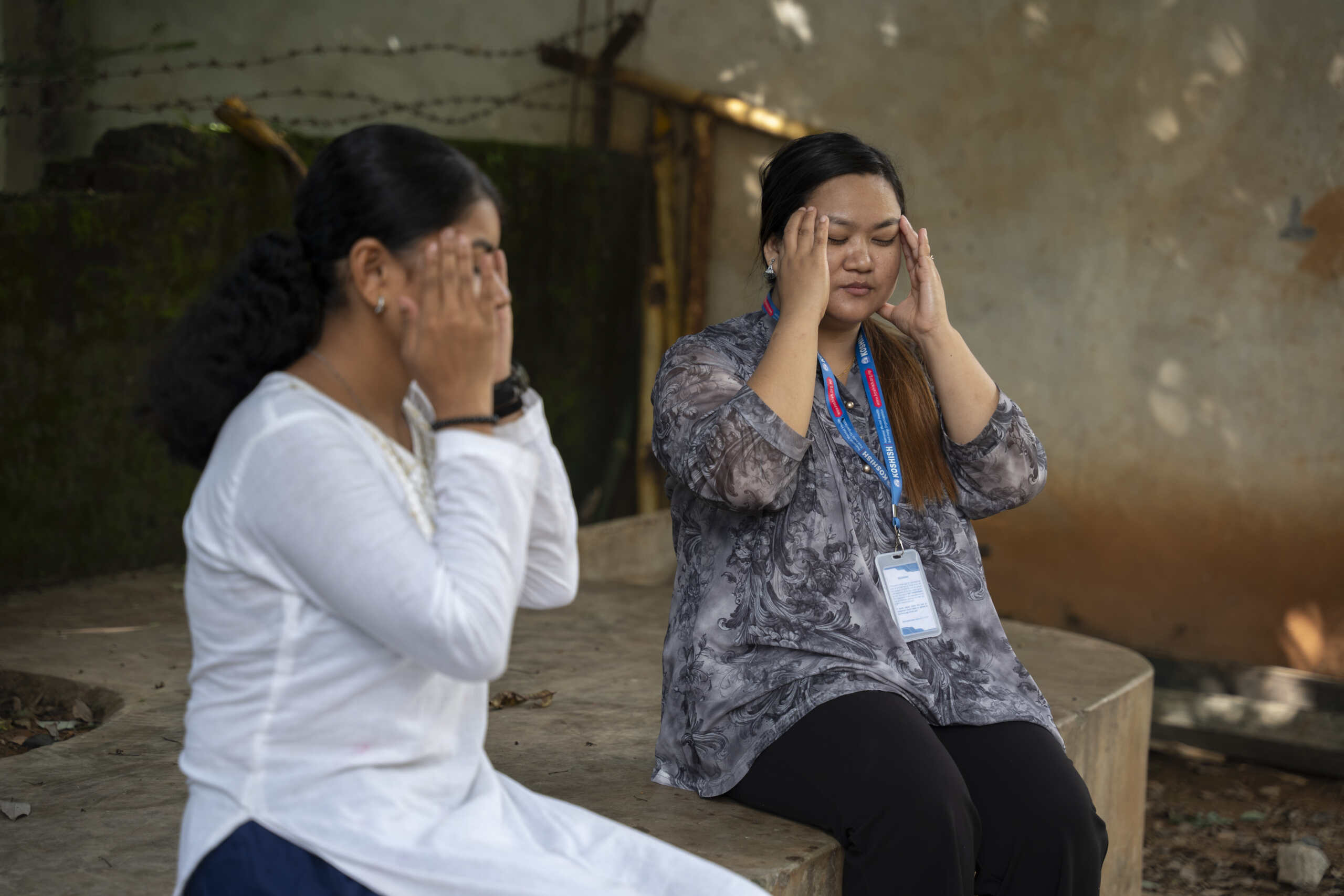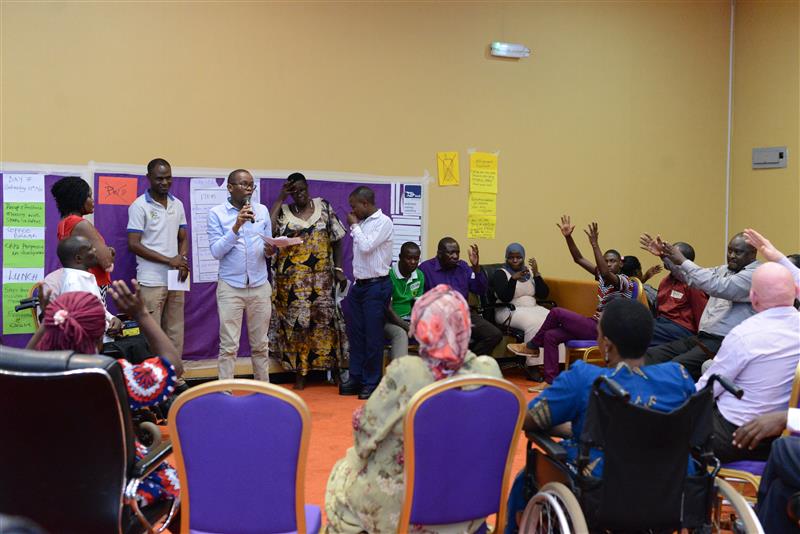Increased representation of persons with disabilities
Blog | August 26, 2024
This blog is written by Elizabeth Lockwood, CBM Global’s representative to the United Nations.
In June, the United Nations launched The Sustainable Development Goals Report 2024. The report annually details the significant challenges that the world is facing in making substantial strides toward achieving the Sustainable Development Goals (SDGs). The report also highlights where we must focus, particularly in critical areas undermining progress such as climate change, peace and security, and inequalities among and between countries, among other critical areas.
For a number of years, organizations of persons with disabilities (OPDs) and allies have advocated collaboratively for the inclusion of data on persons with disabilities to measure progress of the SDGs. Persistent and focused advocacy efforts have paid off with an increased representation of persons with disabilities in this year’s report.
Data on persons with disabilities are included in the areas of citizen-generated data, barriers in accessing infrastructure and information and communications technology in education, violence against women and girls, and disability data advocacy.

Specifically, persons with disabilities were included in citizen-generated data efforts to leave no one behind. Deaf-led research on access to health services for deaf Indigenous women in Bolivia was highlighted. The findings show that these women face significant challenges in accessing reproductive health information and care. Addressing these challenges and formulating relevant policies to overcome them is possible only when citizen-generated data are collected with the active involvement and support of deaf communities with firsthand knowledge of their own needs (page 6). This deaf-led citizen-generated data collection was led by the World Federation of the Deaf in partnership with the Bolivian Deaf Federation (La Federación Boliviana de Sordos, FEBOS), and support from CBM Global Disability Inclusion. The data findings present new information that are essential for policy change since these women are among those most left behind with an intersection of deafness, gender, and indigeneity. A report is forthcoming.
Around education, the report includes a data story indicating that globally only half of primary schools and a little more of secondary schools have basic infrastructure for learners with disabilities. In Latin America and the Caribbean, only a third of primary schools can accommodate students with disabilities. There are additional barriers for learners with disabilities in accessing the internet and other forms of technology (page 17).
Quite important, the report highlights that violence against women disproportionately affects women with disabilities. Existing evidence shows that the prevalence of intimate partner violence, in all forms, is higher among women with disabilities compared to women without disabilities. Prevalence estimates are limited by the lack of representation of women with disabilities in population-based surveys on violence against women and by not including forms of violence specific to women with disabilities. Without these data, women with disabilities remain excluded and uncounted in policies, prevention, and response strategies (page 18).
Finally, I’m very pleased that a photo from CBM Global and International Disability Alliance’s Disability Data Advocacy Workshop for OPDs in Bolivia was included in the report (page 42). The workshop, developed by CBM Global and UNFPA Asia and the Pacific in collaboration with the International Disability Alliance and other key partners, has been carried out in Bolivia, the Democratic Republic of the Congo, Lao PDR, Nepal, and Samoa.
The increased inclusion in this report is progress, but at the same time we must continue to collectively advocate for more and better data on persons with disabilities to measure progress in sustainable development and others areas. For more information, you can read in more depth about data and persons with disabilities here.
https://cbm-global.org/blog/persons-with-disabilities-data
Related News

What our partners told us and how it shapes our future
One of our strategic priorities as a Federation is to shift power in partnerships....

Breaking Stigma, Building Hope: Suicide Prevention in Nepal
After losing her young daughter to suicide, Maya developed a mental health condition while...

Accessibility, reasonable accommodation, and budgeting for inclusion
Budgeting for inclusion, accessibility, and reasonable accommodation must be...
